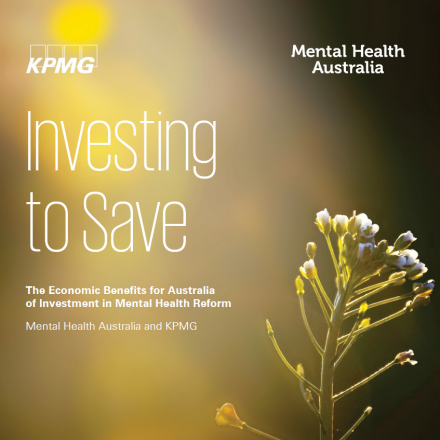CEO Update - A lesson in grace, warmth and courtesy from our Indigenous elders
Earlier this week, I happened to be listening to Sydney radio during the opening ceremony of the Commonwealth Games. The event was only minutes old when listeners began calling the station to complain about the prominence of Indigenous culture in the event.
“Too much focus on Indigenous people!”
“Too much politically correct rubbish!”
“What percentage of the Australian population is Indigenous compared to how much they are part of this ceremony?” asked the station’s presenter.
Building on this sentiment, an Australian Senator (non Indigenous) announced the next day “I have got nothing against the Aboriginal people but I’m sick and tired of being made to feel as if I’m a second-class citizen in my own country.”
Even if we recognise that these views do not represent the majority, the mere fact that they play out so conspicuously in our public discourse is, in itself, enough to further vilify a group of people who have been systematically dispossessed since European arrival, yet who none the less cling to their cultural heritage and remain prepared to bring it to so many of our public celebrations with such enthusiasm.
Fast forward then to later in the week. Some of us at Mental Health Australia shared a particular delight in seeing Vernon, one of the Yolgnu men who welcomed us to East Arnhem Land for the Garma Festival last year, dance to greet Prince Charles upon his visit to the remote community.
According to the ABC “in a traditional ceremony at Mt Nhulun, a sacred site of great significance to the Yolngu people, Prince Charles was officially welcomed by the traditional owners and Aboriginal elders of north-east Arnhem Land.
On arrival, His Royal Highness was met by senior Aboriginal leaders and presented with a traditional headdress and a woven dilly bag.
The dilly bag plays an important part in a Yolngu story about where the name “Nhulunbuy” came from.
Dancers wearing traditional dress and ochre paint then surrounded Prince Charles on a bush track at Mt Nhulun and escorted him in a procession to a clearing where the rest of the ceremony took place.”
The Prince was given a message stick and asked to take it to the Australian Government. It indicated that the Yolgnu Nations had never ceded sovereignty of their lands, and asked that they now be recognised.
It seemed striking to me, that in the red dust of East Arnhem Land, people dispossessed of their lands and waters greeted one of the symbols of that dispossession with grace, warmth and courtesy. While further south, our media was filled with bitterness and resentment as Indigenous culture was showcased, albeit briefly, on the world stage.
And why is this important to mental health? Firstly, we will not advance social and emotional wellbeing in Indigenous communities without addressing the legacy of historic injustices and acknowledging the disparaging attitudes that, today, remain so ingrained and widely accepted. Secondly, our whole community suffers from the bitterness and division that is sown by so few, but features so prominently.
All these years on, it seems we still have much to learn in the way of respect and humility from the ancient Indigenous cultures of Australia’s first peoples.
Warm regards.
Frank Quinlan
CEO Mental Health Australia




